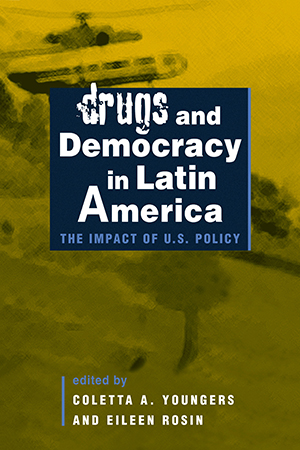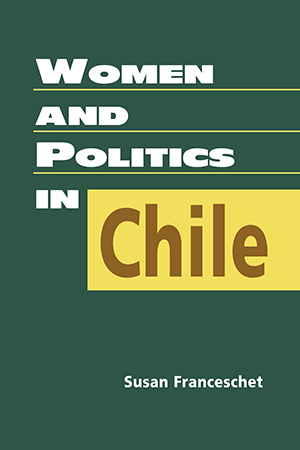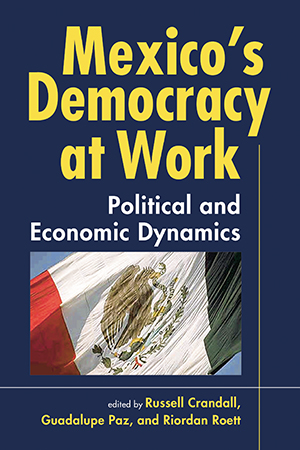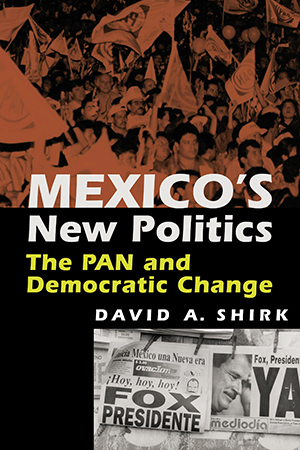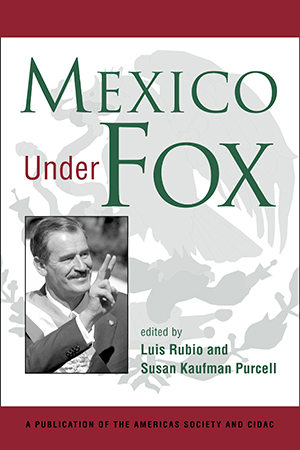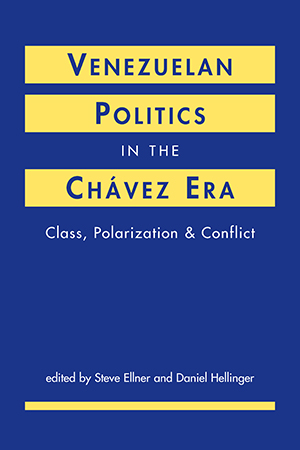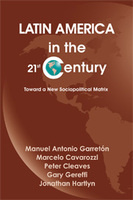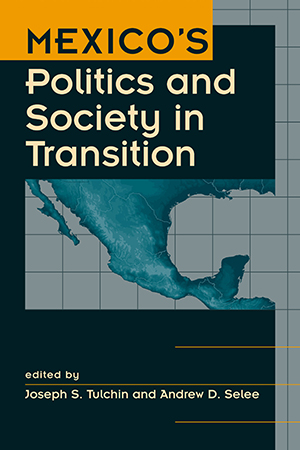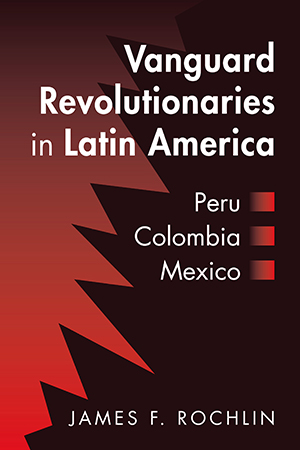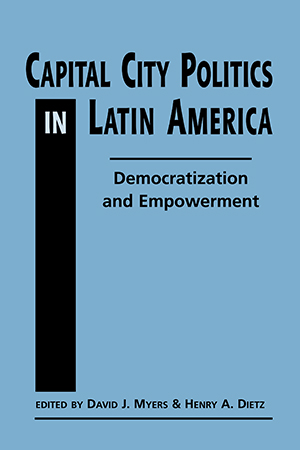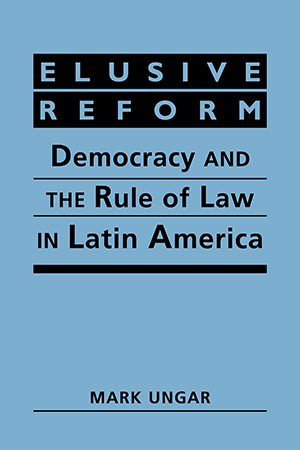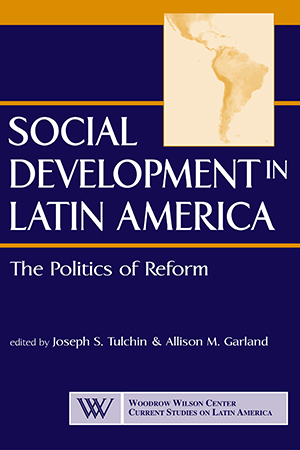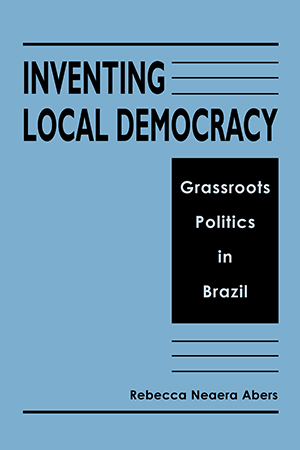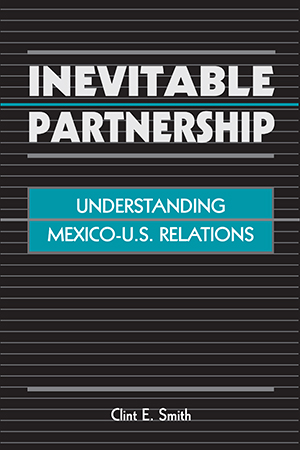Latin American and Caribbean Politics
Although the US has spent more than $25 billion on international drug-control programs over the last two decades, it has failed to reduce the supply of cocaine and heroin entering the More >
Why have women remained marginalized in Chilean politics, even within a context of democratization? Addressing this question, Susan Franceschet traces women's political activism in the More >
Painting a sober yet hopeful picture of current Mexican politics and economics, Mexico's Democracy at Work focuses on the country's still incomplete transformation from an More >
Mexico's presidential elections in July 2000 brought victory to National Action Party (PAN) candidate Vicente Fox—and also the hope of democratic change after decades of More >
Mexico made a peaceful transition to democracy when it elected opposition candidate Vicente Fox president in July 2000—an event that has had a profound impact on the country's More >
The radical alteration of the political landscape in Venezuela following the electoral triumph of the controversial Hugo Chávez calls for a fresh look at the country's More >
The myriad changes affecting contemporary Latin America in the context of a globalizing world are so far reaching, argue the authors of Latin America in the Twenty-First Century, that More >
As electoral politics in Mexico have become more open and democratic, the country's economy also has been thoroughly restructured and new ideas about government, state-society relations, More >
During the swan song of the Soviet Union and the immediate aftermath of the Cold War, many insurgent groups that had been dependent on Moscow or Havana quickly faded into political oblivion. More >
The collapse of the Duvalier dictatorship in 1986 gave rise to optimism among Haitians in all walks of life—to hopes for a democratic journey leading to economic development, political More >
As Latin America's new democratic regimes have decentralized, the region's capital cities—and their elected mayors—have gained increasing importance. Capital City More >
Elusive Reform explores one of the Latin American countries' biggest challenges: establishing a rule of law. Based on a close examination of historical patterns, it demonstrates how More >
While previous analyses of public-sector reform efforts in Latin America have focused largely on strategies to redefine the role of the state in the economy, there is a growing realization More >
Countless studies of citizen participation in public decisionmaking point out the limitations of direct democracy when it is transported from the realm of political theory into the More >
This concise, accessible volume astutely describes the complex Mexico-U.S. relationship from the beginning of the nineteenth century through the end of the twentieth. Smith begins with a More >



